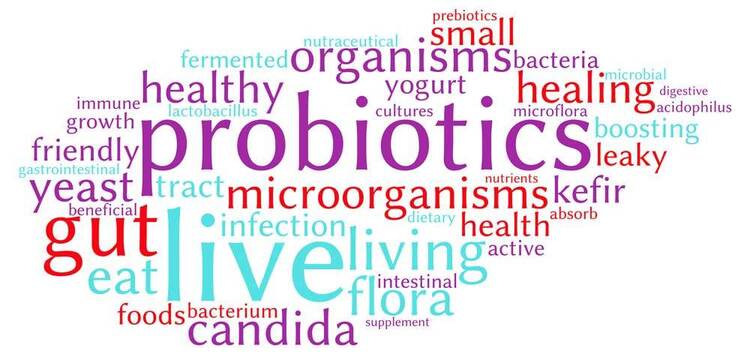If you’re contemplating the effects of daily supplements on your health, it might be time to shift your focus away from your morning pill routine and towards your dietary choices, suggests a recent investigation.
Conducted by researchers at Tufts University in Massachusetts, this study sheds light on the potential effects of regular supplement intake on overall well-being. These findings revealed an intriguing association between nutrients obtained from food sources and longevity, contrasting with the uncertain benefits of vitamin supplements.
Drawing from data spanning over 25,000 adults in the United States, researchers delved into the relationship between dietary supplements and mortality rates.
Given these insights, the question arises: should individuals consider replacing their daily supplements with a nutrient-rich diet comprising whole grains, fruits, and vegetables to optimize their health?
Exploring the Impact of Dietary Choices on Health
Researchers at Tufts University, led a study examining the effects of daily supplements on overall health. Contrary to common belief, the study revealed that while supplements contribute to increased nutrient intake, they lack the beneficial associations observed with nutrients obtained from food sources.
One notable finding was the difference in the risk of mortality between adequate intake of vitamin K and magnesium from food versus supplements. The study also highlighted that sufficient levels of vitamin K, vitamin A, and zinc obtained through a balanced diet may reduce the risk of heart disease, whereas supplementation did not yield the same benefits.
While there are valid reasons for supplement use, such as addressing specific health conditions like inflammatory bowel disease or osteoporosis, dieticians emphasize the importance of obtaining essential vitamins and nutrients from a diverse range of whole foods. For instance, individuals following vegetarian or vegan diets may find B12 supplements beneficial, but for most people, a well-rounded diet suffices to meet nutritional needs.
Exploring the Link Between Supplements and Health Risks
In addition to uncovering potential benefits of certain supplements, researchers have identified concerning associations between excessive supplement intake and adverse health outcomes.
For instance, the consumption of high doses of calcium supplements, defined as 1 gram or more daily, has been linked to an elevated risk of cancer-related mortality. Interestingly, this risk does not appear to apply when calcium is obtained from dietary sources.
Furthermore, the study revealed a noteworthy finding regarding vitamin D supplementation: individuals who take vitamin D without a deficiency may inadvertently increase their risk of cancer-related mortality. However, researchers caution that further investigations are necessary to substantiate this observation.

The Study emphasizes the importance of considering both the potential benefits and risks associated with supplement use. Certain supplements may pose risks, particularly if not chosen carefully. Here are some factors to keep in mind when selecting supplements:
- Be cautious of supplements manufactured in under-developing-countries , such it has been observed it contain elevated levels of harmful substances like mercury and aluminum , because of regularity relaxations.
- Avoid buying cheap value supplements , as they may not adhere to established standards for recommended dosages.
- Refrain from supplements containing kava as an ingredient, a compound linked to liver damage, and bitter oranges which is associated with heart related issues.
- Opt for reputable brands to minimize the risk of exposure to harmful elements like aluminum ,lead, arsenic, cadmium and mercury.
- Inform your healthcare provider about all supplements you’re taking, as some may interact with medications.
Ultimately, prioritizing a balanced diet rich in essential nutrients is preferable for most individuals. Only consider supplementation when necessary for addressing specific medical conditions, and exercise caution when selecting supplements to mitigate potential risks.
Find Words
In summary, while the idea of taking supplements may appear convenient for fulfilling nutritional needs, but the study highlights the importance of obtaining nutrients from food sources which is more beneficial and less harmful. This approach not only proves to be more efficient but also reduces the chances of developing difficult health conditions, such as cancer.
However, it’s important to acknowledge that certain supplements may be essential for managing specific health conditions. Therefore, consulting with a doctor is crucial to identify the most suitable supplements for individual needs and to assess potential risks or interactions with medications.




